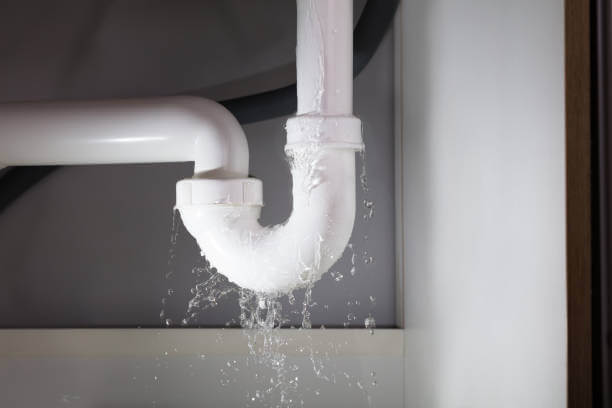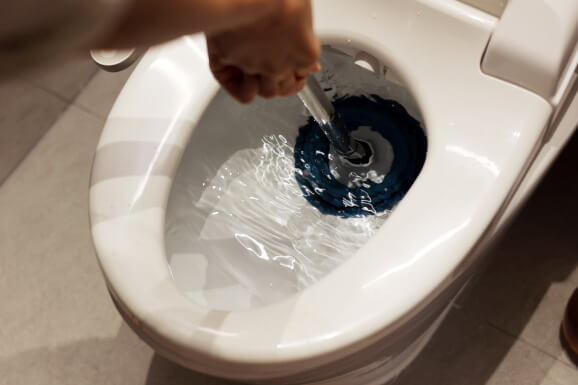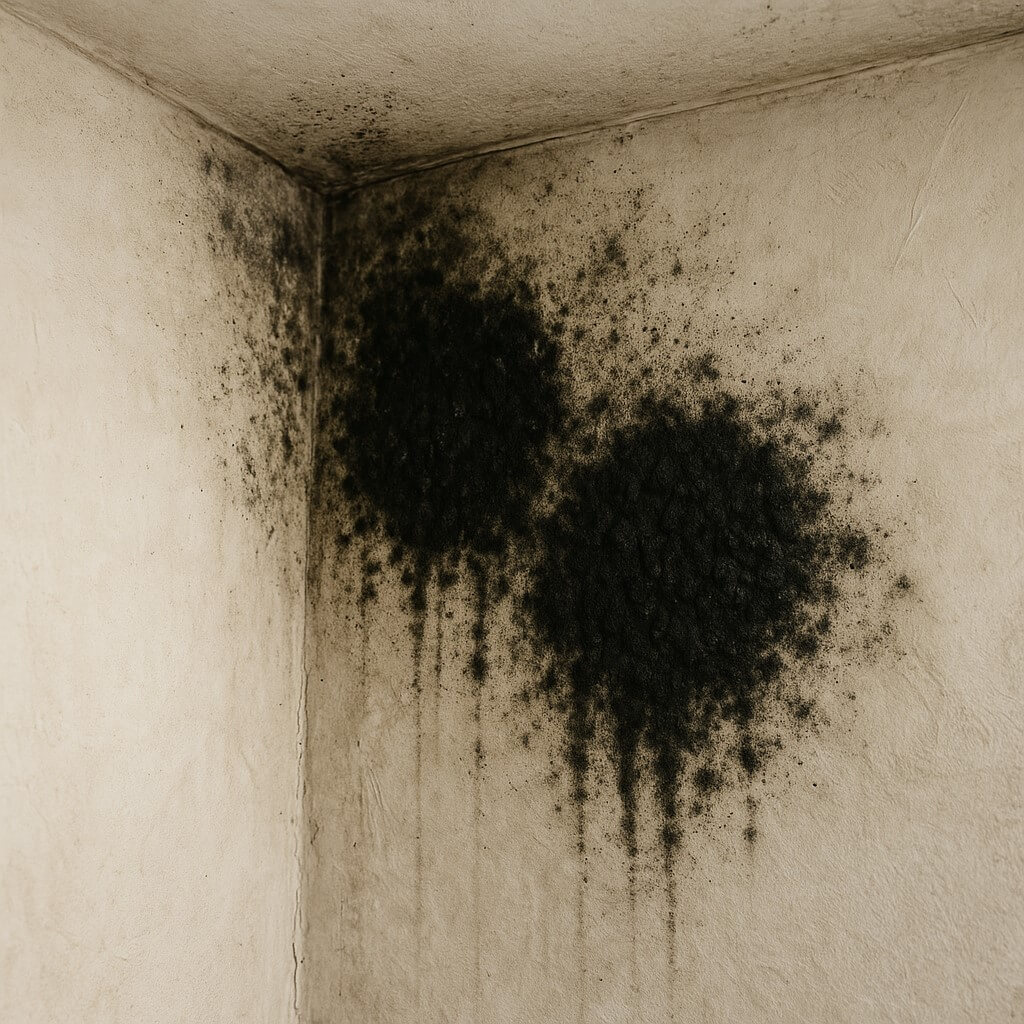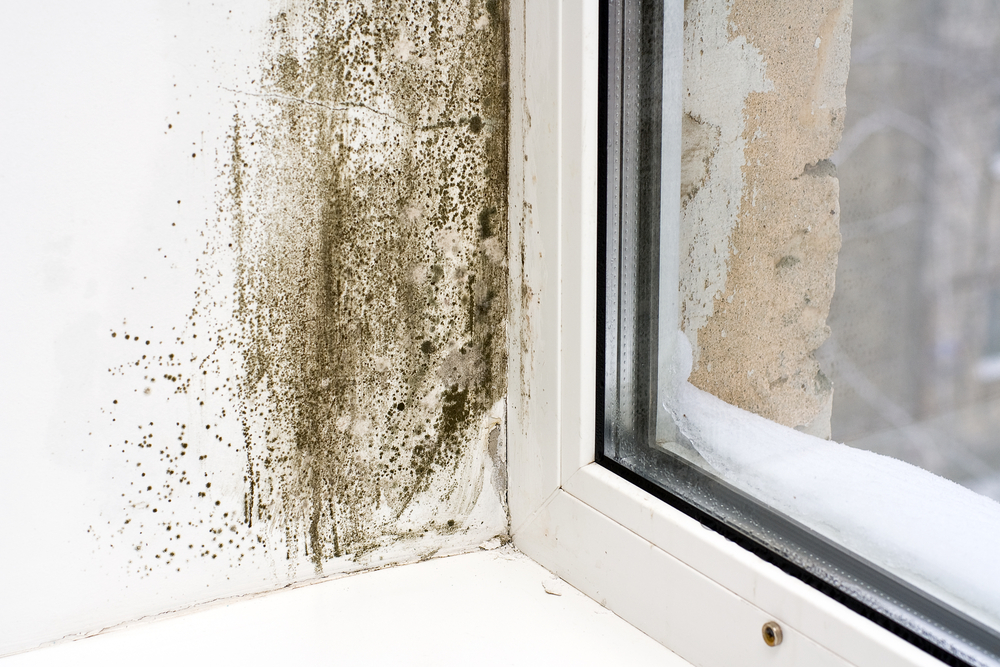Are you doing a restoration project?
Modernize can pair you with three to four pros in your area, so you can compare options and save time and money.
Understanding Raw Sewage and Its Harms
Raw sewage usually consists of human waste mixed with industrial runoff and wastewater. It contains dangerous pathogens — including bacteria, viruses, and parasites — that can lead to a wide range of health problems. Exposure or ingestion can cause symptoms as mild as a stomach ache or as serious as organ damage or even death without proper treatment.

What Are the Health Risks of Sewage Exposure?
Sewage and sewer gas can both pose serious health risks. The severity depends on:
- Length of Exposure: The longer you’re in contact with sewage, the greater the risk.
- Contents of Sewage: Industrial waste and chemicals make it more dangerous.
- Type of Exposure: Inhalation, ingestion, and skin contact carry different risks.
- Immune System Strength: Children, the elderly, and immunocompromised people are most vulnerable.
- Extent of Home Damage: Sewage can seep into walls and flooring, increasing mold and contamination risks.
Even with modern sanitation, sewage exposure can still happen, especially with septic backups, heavy storms, or plumbing malfunctions.
Disease
Sewage exposure puts you at risk for several infectious diseases. These include:
- Hepatitis A
- Salmonellosis
- Giardiasis
- Gastroenteritis
Most of these lead to nausea, vomiting, stomach cramps, diarrhea, and fever. If untreated, they can cause long-term intestinal damage or complications.
Respiratory Problems
Breathing in sewage fumes or mold spores can irritate your lungs. Common respiratory effects include:
- Wheezing or shortness of breath
- Chronic coughing
- Worsening of asthma or existing lung conditions
Ammonia and hydrogen sulfide gases in sewage can be especially toxic when inhaled in large amounts.
Eye and Skin Issues
Direct contact with raw sewage can result in:
- Rashes, burns, or sores
- Pink eye (conjunctivitis)
- Allergic reactions or skin infections
Even a small splash can lead to irritation or infection, so always wear protective gear when handling contaminated materials.
Gastrointestinal (GI) Problems
Ingesting water or food contaminated with sewage can lead to:
- Severe dehydration
- Stomach pain
- Diarrhea and vomiting
These symptoms are common with waterborne pathogens and can quickly become dangerous without proper treatment.
Find the Right Contractor for Your restoration Project
Whether you’re ready to begin your project now or need some expert advice, our network of contractors are here to help. With a few simple questions, we’ll find the best local professionals for you
Bone Disease
Though rare, chronic exposure to sewage — especially in floodwater — may lead to leptospirosis. This bacterial infection can cause inflammation in muscles and bones, as well as kidney or liver damage.
Complications From Mold
Moist environments caused by sewage backups can lead to fast mold growth. Mold exposure may result in:
- Coughing and congestion
- Eye and throat irritation
- Chronic fatigue or headaches
Mold can start to grow within 24 to 48 hours after a sewage incident and is particularly harmful to people with allergies or respiratory conditions.
Can Sewer Gas Make You Sick?
Yes, sewer gas is dangerous. It’s a mixture of toxic gases, including hydrogen sulfide, methane, and ammonia. In small doses, it can cause:
- Nausea or dizziness
- Headaches
- Eye, nose, or throat irritation
In high concentrations or over extended periods, sewer gas can lead to unconsciousness or even death due to lack of oxygen.
Common Symptoms of Sewage Exposure
If you’ve been exposed to sewage or sewer gas, watch for:
- Nausea or vomiting
- Diarrhea
- Coughing or difficulty breathing
- Fever or chills
- Skin irritation or rashes
- Headaches or dizziness
- Eye or throat discomfort
These symptoms may appear immediately or develop slowly depending on your exposure level.
What to Do if Exposed to Raw Sewage
Act quickly to protect your health. Screenshot the table below for immediate steps to take.
| Step | What to Do | Why It Matters |
|---|---|---|
| 1 | Leave the area if it smells strongly or you're feeling dizzy | Sewage gases like hydrogen sulfide can be toxic in high concentrations |
| 2 | Avoid touching sewage with bare skin | Skin contact can lead to rashes, infection, or disease |
| 3 | Wear gloves, mask, and boots | Personal protection prevents illness |
| 4 | Call a professional sewage cleanup service | DIY cleanup can spread contamination |
| 5 | Document damage for insurance | Photos help with claims and future inspections |
Other actionable steps to consider:
- Get to fresh air and clean skin immediately. Shower thoroughly and wash exposed clothing.
- Avoid contact with contaminated areas. Close off the affected zone and keep children and pets away.
- Call a sewage cleanup and remediation professional. They’ll have the tools and protective equipment to clean your home safely and prevent further damage.
- Monitor your health. If symptoms appear, contact a doctor right away — especially if you’re part of a high-risk group.
Find the Right Contractor for Your restoration Project
Whether you’re ready to begin your project now or need some expert advice, our network of contractors are here to help. With a few simple questions, we’ll find the best local professionals for you
Reviews from Real Homeowners
Welcome to Homeowner Resources! We are the Modernize blog. Modernize pairs more than 3 million homeowners a year with pre-vetted contractors in their area. This blog started because we believe homeowners should know everything about their homes, from how their HVAC works to which front door colors they might love. On Homeowner Resources, you can find information on every part of your home, right down to how you can negotiate with contractors to get the best price. Here's more about the blog.
Need a contractor? Learn more about how Modernize finds the right pro for you.


